And here is the response to the John Loftus book The End of Christianity from Steve Hays and Jason Engwer, which is also useful in engaging New Atheist apologetics, but also gives a chapter by chapter response to the John Loftus book.
Click here for the pdf format (289 pages). More debate to follow as New Atheist camp responds.
To read Part 1 John Loftus’s The End of Christianity summary outline click here.
Here is another article Steve Hays wrote for Monergism.com:
Common Objections to Christianity from Skeptics
by Steve Hays
1. Why Does the Bible Condone Genocide?
That’s a question with a false premise:
i) There was no OT command to eradicate Canaanites in toto.
ii) Rather, there was a command to evict Canaanites living within the borders of Israel (Num 33:52.). Canaanites were permitted to live in bordering states. So it’s not about eradicating a particular people-group, but about dispossessing the Canaanites to make room for the Israelites (Num 33:53). The Israelites couldn’t occupy the promised land until the heathen inhabitants were expelled.
iii) Mass execution was a contingency plan in case the Canaanites chose to stay and fight (Deut 20).
iv) Peaceful coexistence between the Israelites and the Canaanites wasn’t possible (Num 33:55).
v) Foreigners were always at liberty to convert to the true faith.
2. Does the Old Testament Endorse Slavery?
i) The OT doesn’t endorse “slavery.” Lawmakers don’t endorse everything they regulate. Rather, the law sets boundaries. The law doesn’t prescribe an ideal.1
ii) “Slavery” is ambiguous. This can stand for very different arrangements. In the OT you have:
a) Indentured service for insolvency or property crimes. This is a form of financial restitution.
b) Enslavement for POWs or war captives. This is more humane than executing POWs. Repatriating enemy soldiers isn’t feasible inasmuch as they will simply regroup and resume hostilities.
c) Acquisition of foreigners. This is unenviable. However, living conditions in the ANE were harsh. Poverty and famine were widespread. Better to be a slave in Israel, with the legal protections and provisions afforded you, than to starve to death. These laws don’t exist in a vacuum. They need to be understood in relation to the socioeconomic challenges of survival in the ANE.
G. Wenham, Story as Torah (Baker 2000), chap. 5.
3. If God truly loves people why has he slaughtered so many of them throughout the history of the world?
From a Biblical standpoint, the question is not whether God loves everyone, but whether a just and holy God can love anyone given the fact that we are sinful, evil creatures.
4. . No One Religion can Know the Fullness of Spiritual Truth, Therefore all Religions are Valid. It is Arrogant to Say Otherwise.
That objection is self-refuting. In order to know that no one religion can know the full truth, you yourself would have to know the full truth to know where any particular religion falls short of knowing the full truth. You’re in no position to say a given religion is partially true and partially false unless you have access to the whole truth, which forms the basis of your comparison.
5. Christians Only Want Power Over Others – To Establish a Theocracy by Taking Over the State Mechanism
i) Even assuming (arguendo) that this is true, if, in a democratic republic, Christians are in the majority, then they aren’t “taking over” the state mechanism. Rather, majority rule is built into our form of governance. Popular sovereignty.
ii) Christians have wide-ranging views on statecraft, viz., Amish, Lutherans (two-swords), Anglicans (Erastianism), theocrats, royalists, libertarians, social conservatives, disestablishmentarians, You can’t generalize about Christian politics.
iii) In my observation, most Christians aren’t political activists by nature. They don’t find politics interesting. That’s not what gives most Christians a sense of purpose. What makes their life meaningful or satisfying comes down to things like church, family, friends, and sports. The private sphere rather than the public sphere.
Christians generally get involved in politics to push back the encroachments of liberal social engineers.
6. God is just a man made fairy tale. There is NO god period. There never was, and there never will be. If you take some time to do some critical thinking you will reach the same conclusion.
That’s just an orphaned assertion in search of an argument.
7. If God really cares about people and is all-powerful, why doesn’t he create food for all the starving people in the world? Why doesn’t he stop the earthquakes and tsunamis?
i) Because we are sinners, we are liable to natural disasters.
ii) Yes, God could prevent natural disasters, but there are tradeoffs. Consider those science fiction scenarios in which the protagonist travels back into the past to change the future. To preempt some tragedy or catastrophe.
Only he discovers that by making one thing better, he makes another thing worse. Every improvement is offset by losing something good. For every action, there’s a reaction.
Suppose you save a child from starvation. Suppose the child grows up to be a murderous military dictator.
8. If God really cares for all people equally, how can he have a special “chosen” people?
i) If that’s an allusion to the Jews as the Chosen People, then God chose the Jews as a means of blessing all people-groups.
ii) If that’s an allusion to the elect, then the question is based on a false premise. God doesn’t care for all sinners equally. Why should he?
9. If God created everything, why did he create AIDS, the ebola virus, etc.?
i) Since Gen 1 doesn’t say anything about the origin of various diseases, that’s a question which invites conjecture. We can only speculate.
ii) Apropos (i), keep in mind that diseases aren’t gratuitous evils. Diseases serve a natural purpose. They help to maintain the balance of nature.
iii) Diseases can also be punitive. A divine sanction for sin. However, that’s not a strict correlation.
iv) In theory, God may have created diseases directly, at the outset. Under that scenario, diseases might have existed in the animal kingdom while man was naturally immune to disease. But one result of the Fall was to make man liable to disease.
v) But some diseases also develop in the course of time. One thing leads to another.
10. How can it be just to consign people to eternal torment in hell for sins committed in a relatively brief time on earth?
i) It’s not as if sinners are merely punished for discrete sins. A sinner does what a sinner is. Sins are just the expression of the sinner’s underlying character.
ii) Passage of time doesn’t make the guilty guiltless. Once you do something wrong, it will always be the case that you did something wrong. Your culpability doesn’t have an automatic expiration date. You’re just as guilty a year later as you were a moment later. Only redemption can atone for sin.
iii) Sinners don’t cease to be sinners when they go to hell. To the contrary, they become even more sinful in hell, since they lose all self-restraint in hell.
iv) For that matter, consider all the things we would have done wrong if we thought we could get away with it. That’s culpable, too.
v) Although damnation is never-ending, the damned only experience their punishment in finite increments. A day at a time.
vi) A finite deed can inflict permanent loss or harm to the victim.
11. How can it be just to send people to hell when they have never had the opportunity to believe in Jesus?
No one goes to hell for disbelieving in Jesus. Disbelief is an aggravating factor. But the hellbound are already lost. Refusing the gospel isn’t what renders them damnable.
In Christian theology, nobody can be saved unless he knows and accepts the gospel. This doesn’t mean nobody can be damned unless he knows and rejects the gospel. Rather, to be lost is the default condition of sinners. To be lost is not a result of spurning the gospel. To the contrary, it’s because sinners are lost in the first place that they desperately need to be saved.
12. If God truly wants people to believe in him, why does he not simply show himself to them like he did to Paul?
i) God doesn’t intend to save everyone.
ii) Hardened unbelievers like Richard Dawkins and Christopher Hitchens say they find God morally repugnant. So, for them, it’s not a matter of evidence.
13. If the Christian faith is false or based on fabricated source documents, how would you be able to detect the error given your belief that the bible is the only admissible, authoritative evidence?
i) You could raise the same hypothetical objection to any ostensible standard of comparison. But that only pushes the objection back a step. How could you detect error in Scripture, or show that Scripture was fabricated, unless you took something else as your standard of comparison? But in that event, the same objection recurs: how would you be able to falsify the standard of comparison you use to falsify the Bible?
ii) A better question is whether Christians can know that Scripture is what Scripture claims to be. If so, then the hypothetical quandary is unrealistic.
It’s not enough to raise a hypothetical dilemma for Christians. Christians can just as easily raise hypothetical conundra for unbelievers of every stripe.
A critic needs to present some hard evidence that the hypothetical quandary is more than just a hypothetical defeater. Do you have good reason to think Christians are thusly deluded?
Put another way: if you have evidence, you don’t need the hypothetical; if you need the hypothetical; you don’t have evidence.
14. Why do Christians refuse to accept the scientific evidence for an old earth, evolution, etc., when they have no problem enjoying thousands of modern conveniences which are the result of this same science?
i) Many conservative Christians are old-earth creationists. So the question contains a false premise.
ii) A number of young-earth creationists are highly-trained scientists (e.g. John Byl, Jonathan Sarfati, Marcus Ross, Kurt Wise).
iii) Many Christians reject evolution in part because evolution is at odds with scientific evidence. Cf.
D. Berlinski, The Deniable Darwin (Discovery Institute Press 2009).
_____, The Devil’s Delusion (Crown Forum 2008).
C. J. Collins, Did Adam and Eve Really Exist? (Crossway 2011).
W. Dembski & J. Wells, The Design of Life (Foundation for Thought and Ethics 2008).
S. Meyer, Signature in the Cell (HarperOne 2009).
J. Richards, ed. God and Evolution (Discovery Institute Press, 2010).
J. Sarfati, The Greatest Hoax on Earth? (Creation Book Publishers 2010).
iv) It’s a fallacy to infer that science must be true as long it produces results. For one thing, obsolete scientific theories like Newtonian physics were highly successful.
For a scientific theory to be successful, you only need a general correlation between apparent causes and apparent effects. But ultimately, a scientist can only go by appearances. How he perceives the world. He can never find out what the world is really like apart from what the senses perceive.
v) Dating the age of the world involves the measurement of time. The measurement of time involves a temporal metric. Unless you know that time has an intrinsic metric, you can’t measure the objective duration of successive intervals:
Yes, we measure time through changes in physical things which we take as our standard. Notice the ultimate arbitrariness of such a procedure, however: for unless we assume that time itself has an intrinsic measure, we have no grounds for taking some changes to proceed “at steady rates.” We can judge that an atomic clock has a certain constant number of beats per second only if time has an intrinsic metric that allows one to compare non-overlapping intervals of time with respect to their length, so as to differentiate one-second intervals. That doesn’t mean that time is actually composed of seconds; rather what is meant is that if we take an interval which we call a second, then any other non-overlapping interval will be either longer than, shorter than, or equal to our second. In that case, it is a meaningful question to ask whether an atomic clock has a constant number of beats per second and so is a good measure of time.
By contrast, if time has no intrinsic metric, as metric conventionalists hold, then there just is no fact of the matter whether any non-overlapping temporal interval is either longer than, shorter than, or equal to our second. In that case, there is no answer to the question of whether our atomic clock really has a steady rate of change and so is a good measure of time. It is just a human convention that certain processes proceed at steady rates.2
vi) If God made the world by ex nihilo fiat, then he could instantiate the world at any point in an ongoing process. So you can’t simply run the clock backwards to the point of origin.
http://www.reasonablefaith.org/site/News2?page=NewsArticle&id=9069; cf. Bas Van Fraassen, Scientific Representation (Oxford 2008), 130-32; cf. R. Le Poidevin, Travels in Four Dimensions (Oxford 2003), chaps 1-2.
15. Why do Christians refuse to accept the historical and archaeological evidence that much of the bible was plagiarized from ancient near eastern sources?
i) That’s a vague, sweeping allegation. Why think it’s true?
ii) The objection tends to be duplicitous. On the one hand, when we don’t have corroborative evidence for reported events in Scripture, the unbeliever says this just goes to show that Bible writers made things up whole cloth.
On the other hand, when we can correlate reported events in Scripture with extrascriptural literary or archeological evidence, then the unbeliever says this just goes to show that Bible writers plagiarized extrabiblical sources. Whether the coin-flip comes out heads or tails, the Christian always loses.
If OT books accurately describe events that took place in the ANE, then we’d expect them to reflect an ANE background, viz. period customs, literary conventions, socioeconomic conditions.
iii) The inspiration of Scripture doesn’t mean everything in Scripture was directly revealed to the writer. Sometimes the inspired writer relies on personal observation and memory. Likewise, historians routinely use sources.
iv) For more on the historicity of the OT, cf.
D. Baker, ed. Biblical Faith and Other Religions (Kregel 2004)
G. Beale, The Erosion of Biblical Inerrancy in Evangelicalism (Crossway Books 2008)
D. Block, ed. Israel: AncientKingdom or Late Invention? (B&H 2008)
J. Currid, Ancient Egypt and the Old Testament (Baker 2001)
J. Hoffmeier, The Archaeology of the Bible (Lion Hudson 2008)
K. Kitchen, On the Reliability of the Old Testament (Eerdmans 2003).
J. Oswalt, The Bible Among the Myths (Zondervan 2009)
3. http://bylogos.blogspot.com/2011/07/on-mature-creation.html
16. If the bible has all the answers, why are there literally hundreds of Christian denominations that all think they alone are right and all the other Christians are wrong?
i) The Bible doesn’t claim to have “all the answers.”
ii) Most denominations don’t think they are right about everything while the other denominations are wrong about everything.
iii) Different denominations often result from historical factors that don’t have anything to do with doctrine. They reflect different regional or national points of origin. Different cultural or ethnic traditions.
Because the Christian faith is a global faith, it is culturally contextualized from one time and place to another. It’s not a franchise with the same menu everywhere.
17. Why are Christians always the first to support the rights of greedy corporations, unrestricted gun ownership, invasion of foreign countries, the death penalty, etc., but the first to oppose helping the needy through welfare, foodstamps, and so on?
i) That’s a loaded question. To begin with, Christians don’t have uniform positions on these issues.
ii) We need to distinguish between principles and the prudential application of principles. As a matter of principle, most Christians support national defense as a logical extension of self-defense. But how that principle applies in any particular situation is a prudential question. It depends on the individual circumstances. On the specific risk assessment.
That’s something we can only evaluate on a case-by-case basis. By weighing probabilities.
iii) Many Christians oppose the welfare state in part because it harms the poor rather than helping the poor. 4
iv) In addition, many Christians oppose the welfare state because they oppose totalitarian government.
4. Cf. R. Nash, Poverty and Wealth (Crossway Books 1986).
18. If God loves men and women both equally, why does the largest Christian Church (and many other denominations) refuse to allow any women, however gifted, to have any place of authority in the church?
i) Pastoral ministry is a privilege, not a right.
ii) There’s a distinction between teaching and authority.
19. . If God loves all people, why does he condemn gays just because they were born with a different sexual orientation than heterosexuals?
i) To my knowledge, there’s no compelling evidence that homosexuals are born with a homosexual orientation. That disregards the influence of socialization.
ii) There’s such a thing as impulse control. Even if we have certain impulses, we don’t have to act on all our impulses, and in many cases, self-restraint is a virtue.
iii) God has made many creatures. God made rattlesnakes. They serve a natural purpose. That doesn’t mean they’re safe to be around.
20.. If Jesus died on the cross for the sins of the whole world, then how can God send people to hell to pay for their sins again? Was Jesus’ payment not good enough for him?
i) That question takes universal atonement for granted. However, in the usage of NT writers like Paul and John, the “world” is not a synonym for “everyone.” Rather, the “world” connotes the kind of people Christ died for. As one commentator explains:
Some argue that the term ‘world’ here simply has neutral connotations—the created human world. But the characteristic use of ‘the world’ (ho kosmos) elsewhere in the narrative is with negative overtones—the world in its alienation from and hostility to its creator’s purposes. It makes better sense in a soteriological context to see the latter notion as in view. God loves that which has become hostile to God. The force is not, then, that the world is so vast that it takes a great deal of love to embrace it, but rather that the world has become so alienated from God that it takes an exceedingly great kind of love to love it at all. 5.
ii) In Reformed theology, Christ redeems the elect, not the reprobate.
5. Cf. http://www.etsjets.org/files/JETS-PDFs/50/50-4/JETS_50-4_761-771_Hoehner.pdf
6. A. Lincoln, The Gospel According to St. John (Henrickson 2005), 154; cf. BDAG 5:62b; EDNT 2:312.
21. How can you trust God’s plan to bring you to a perfect heaven when he has a track record of failures? He created angels in a perfect place, but they rejected him and are now doomed to suffer forever; he put Adam and Eve in a perfect place and they lost it; he had to destroy the whole world in Noah’s day; he had to confuse the languages at the Tower of Babel; he started the Church, and it ended up with Crusades, bigotry, division, etc. If he has failed to accomplish his plan of giving people a perfect place to live so many times, what makes you think he will actually get it right this time?
The question assumes the existence of evil is evidence that God’s plan failed. But that’s a false premise. Evil is part of God’s plan. Evil serves a purpose in the plan of God (e.g. Gen 50:20; Jn 9:3; 11:4; Rom 9:17,22-23; 11:32).
22. If Christians are really supposed to love others, how can they be happy for all eternity knowing that the majority of humans, and even some of their own friends and family, are in conscious, endless torment?
i) There’s a philosophical distinction between dispositional belief and occurrent belief, as well as a philosophical distinction between implicit belief and explicit belief.
And I think that philosophical distinction dovetails with certain theological distinctions as well. In Calvinism, regeneration is causally prior to faith.(7) It causes a predisposition to exercise saving faith. Conversely, sin, in the elect or regenerate, can also result in false beliefs or impede the formation of true beliefs.
Likewise, I think many true beliefs involve tacit knowledge. That varies with age, education, and intellectual aptitude.
I don’t assume that a Christian’s loved one is damned if she happened to die before exercising explicit or occurrent faith in Christ. Regeneration is the seed of faith. Regeneration is the seed while faith is the flower. In principle, there can be a gestation period. Regeneration creates a predisposition to exercise faith in Christ, but other conditions must also be met. These are ordinarily coordinated, but there can be exceptions. In principle the regenerate might die before hearing the gospel. Or the regenerate might die before arriving at the age of discretion.
Perhaps God already planted the seed, but it hadn’t had enough time to blossom here-and-now. What we pray for in this life may blossom in the next.
ii) Then there’s Tennyson’s celebrated principle that it’s better to love and lose than never love at all.
iii) It’s also a commonplace of human experience that we can dramatically change how we feel about people. You have couples who can’t imagine how they could possibly live without each other, yet 5 years later they can’t stand each other.
iv) If our loved ones wind up in hell, they won’t be lovable anymore. They will be utterly repellent. All trace of common grace long gone.
v) Finally, a Christian can reason back from Rev 20:4. If we can’t be happy in heaven knowing a loved one is lost, then God will save the loved one.
That’s a conditional argument. It doesn’t predict what must be the case for Rev 21:4 to be met. That’s something Christians will find out. Not something we know in advance. But the promise covers whatever it takes to fulfill the terms of the promise.
7. For an exegetical defense, cf. M. Barrett, “Does Regeneration Precede Faith in 1 John?”; http://blogmatics.files.wordpress.com/2010/11/does-regeneration-precede-faith-in-1-john-by-matthew-barrett-ets-paper-nov-2010.pdf
23. If Christianity is the only true religion, how come so many other religions are just as successful at making people good, ethical, and moral, and making them feel fulfilled and happy?
i) That question builds some faulty assumptions into the question. You can’t just stipulate that other religions make people good, ethical, and moral.
ii) God, in common grace, preserves a sense of common decency among many unbelievers. That’s necessary to preserve the human race. That’s necessary to make the world tolerable for Christians.
iii) There’s no essential connection between virtue and happiness.




































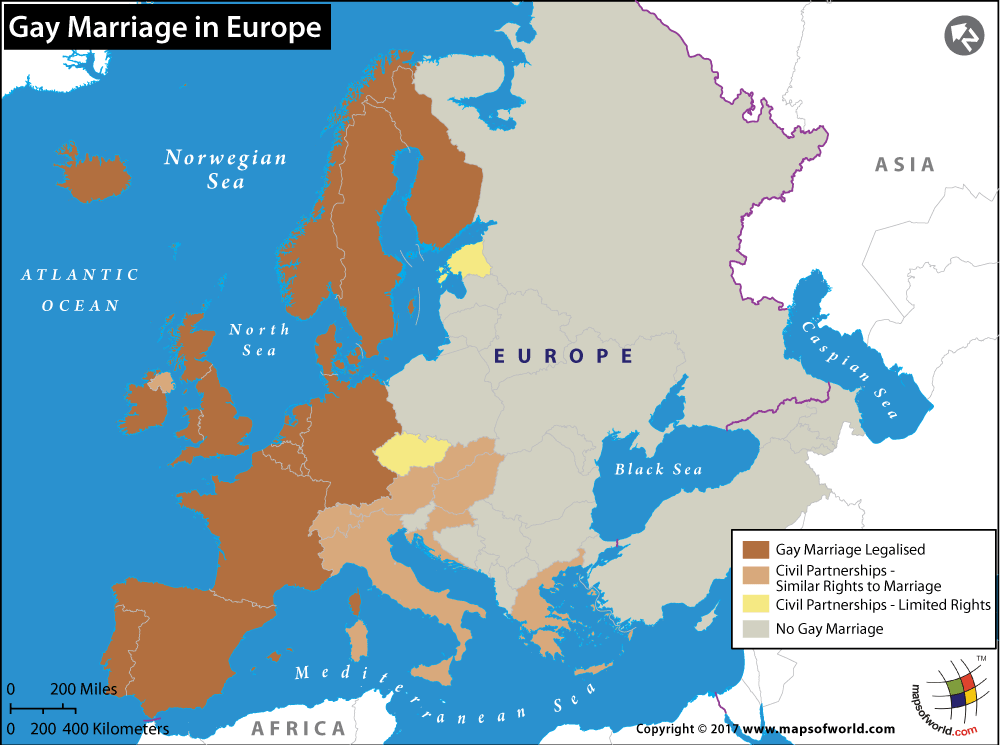


















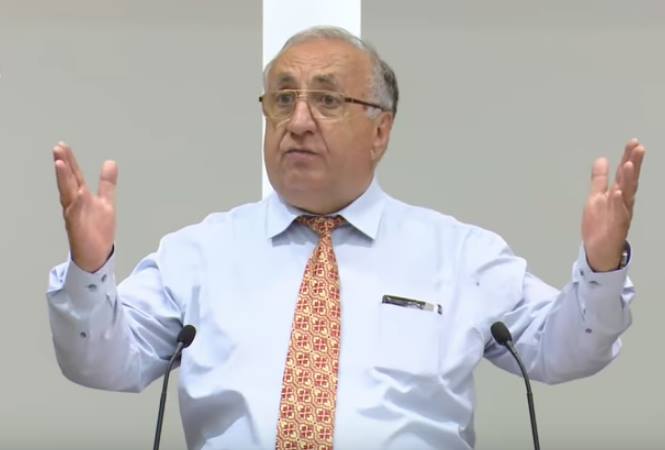









































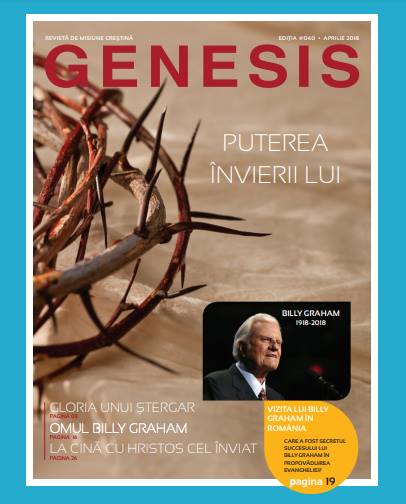















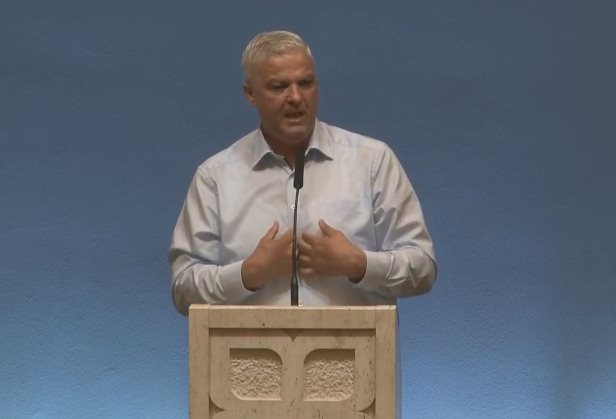
























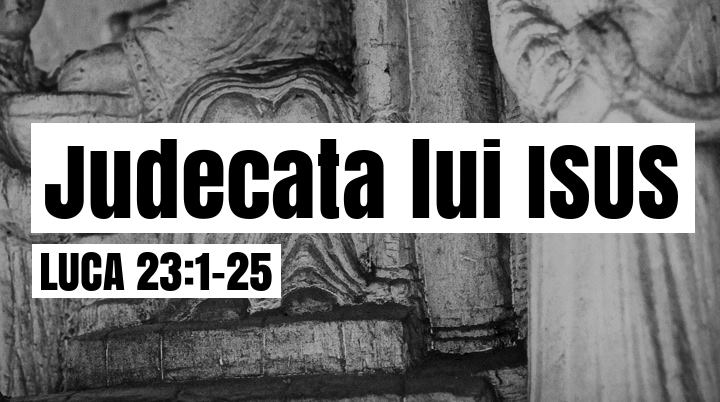














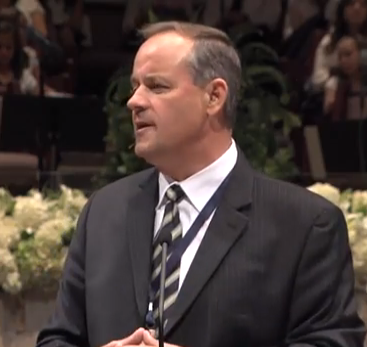





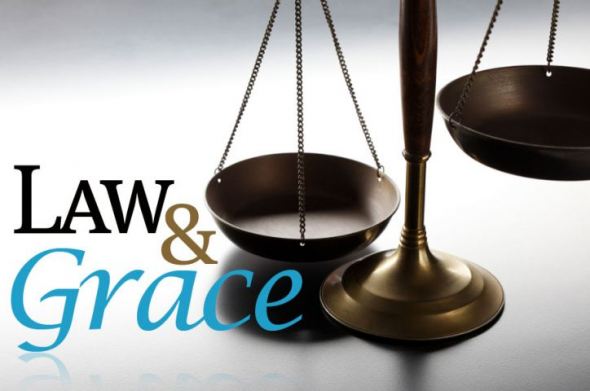


















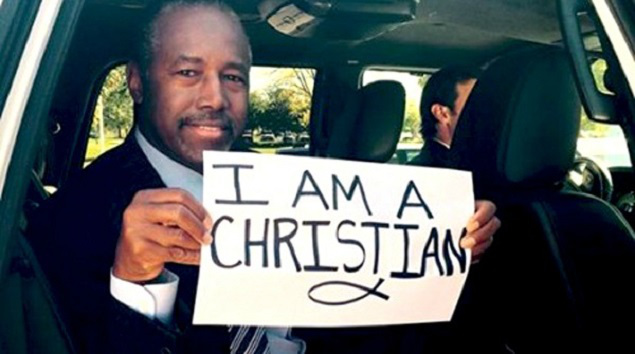






























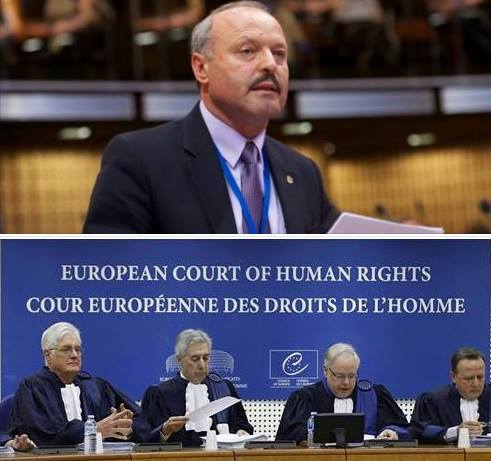













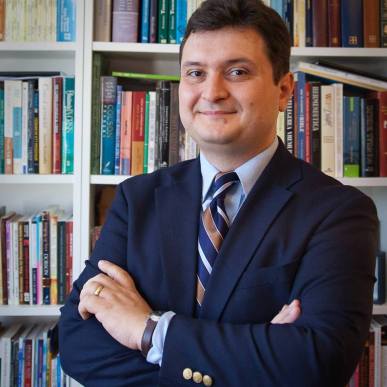






































feb. 09, 2012 @ 00:54:00
Thanks for posting this book. Hopefully i can find it on Amazon,
It is a must have…
feb. 09, 2012 @ 08:28:59
Gabi, when you find it can you let me know? I read that it was supposed to be available at Amazon, but when I searched for it I couldn’t find it, and so I couldn’t post the link here with the article. This book is extremely helpful and a must read, together with what John Loftus says. If parents only know to prepare their kids before going to college by teaching them apologetics- by actually engaging with the secular world’s criticism and statements on creation/evolution and the authenticity of the Bible, they would have a fighter in their child who would be challenging their professor, instead of a child who can potentially fall away from the faith thinking their parents and church are not educated enough to know better, when in fact the professors are many times ignorant and throw out cliches that they have heard from the likes of Bartman, and others. In my experience, the professors only dished out the criticism, but never gave the opposing point of view, they just dismissed it. It is our job to teach our children both sides and this book is another very helpful addition. It is something to be passed on to all college bound students and their parents. I think that is one of the reasons the authors decided to post it in pdf format, in order to make it as widely available as possible.